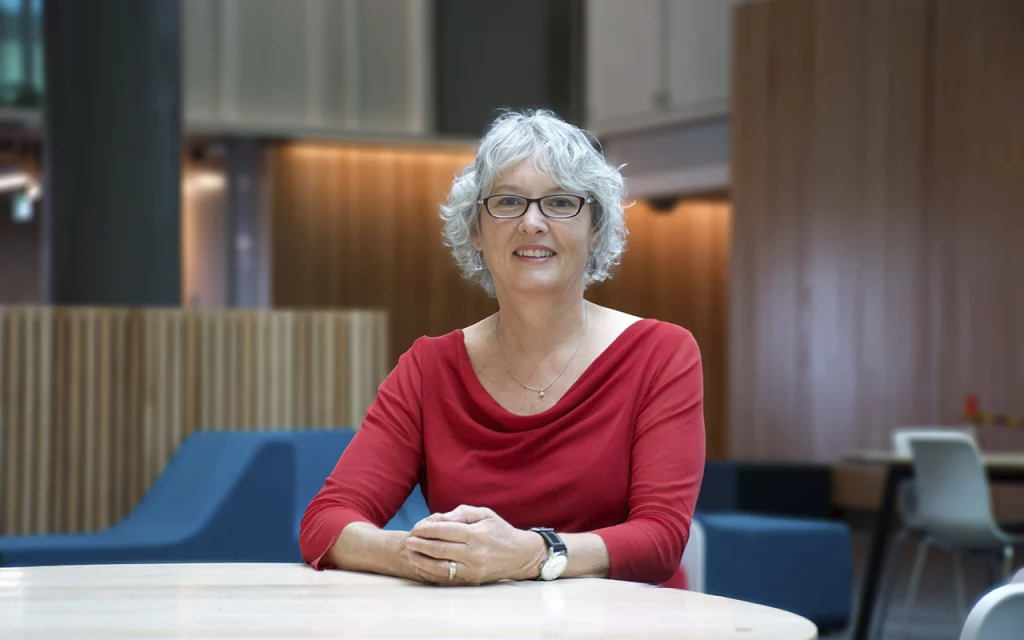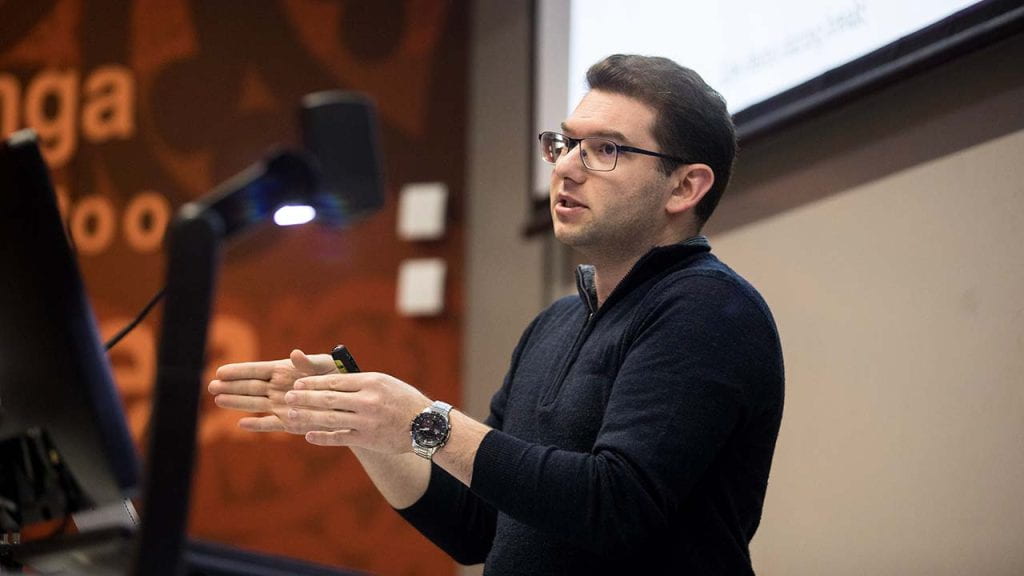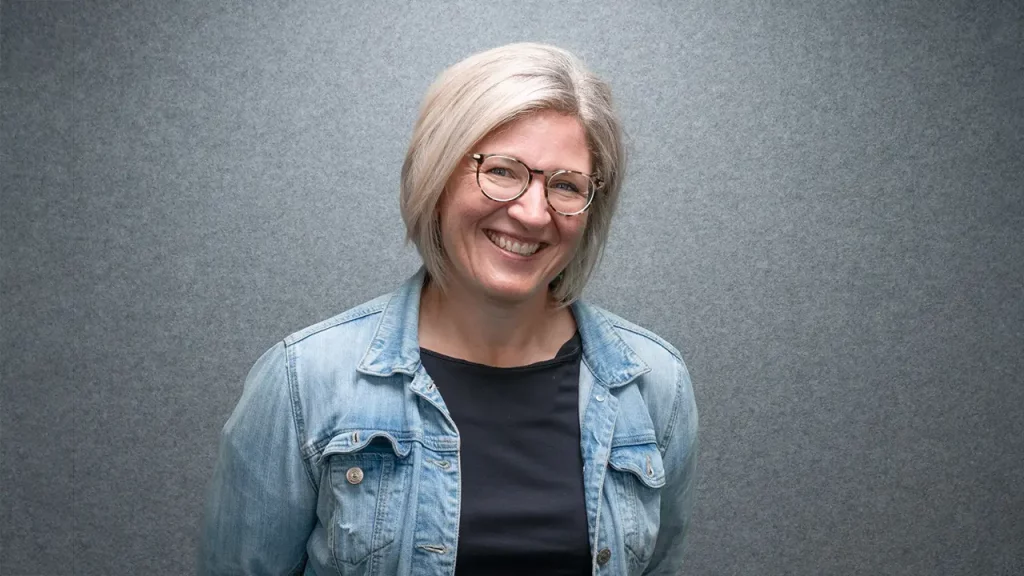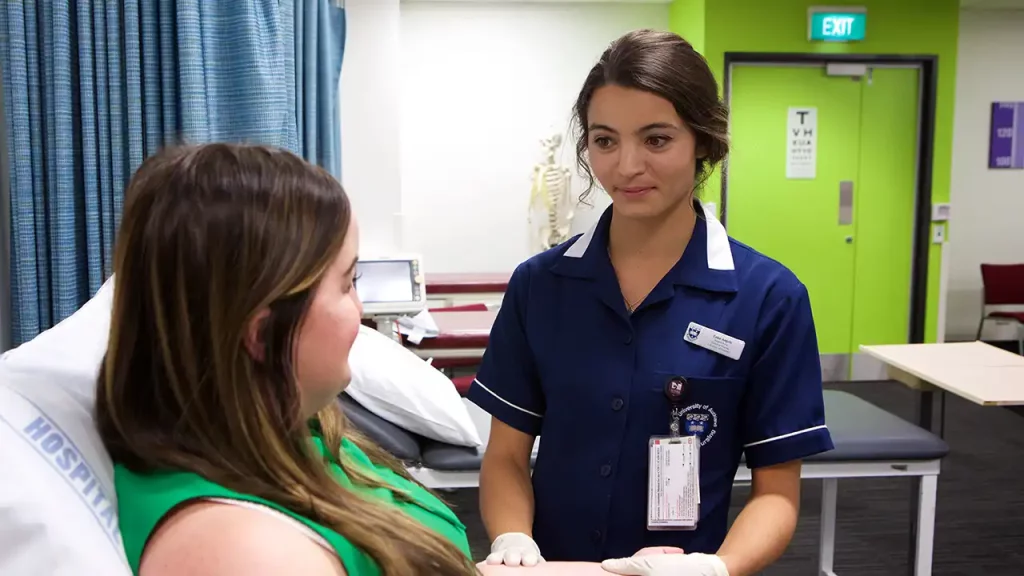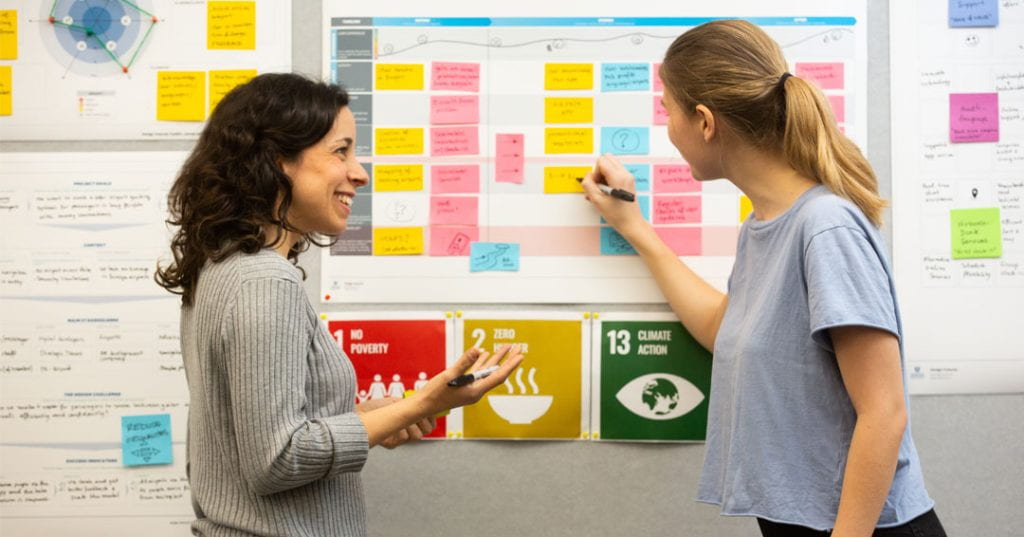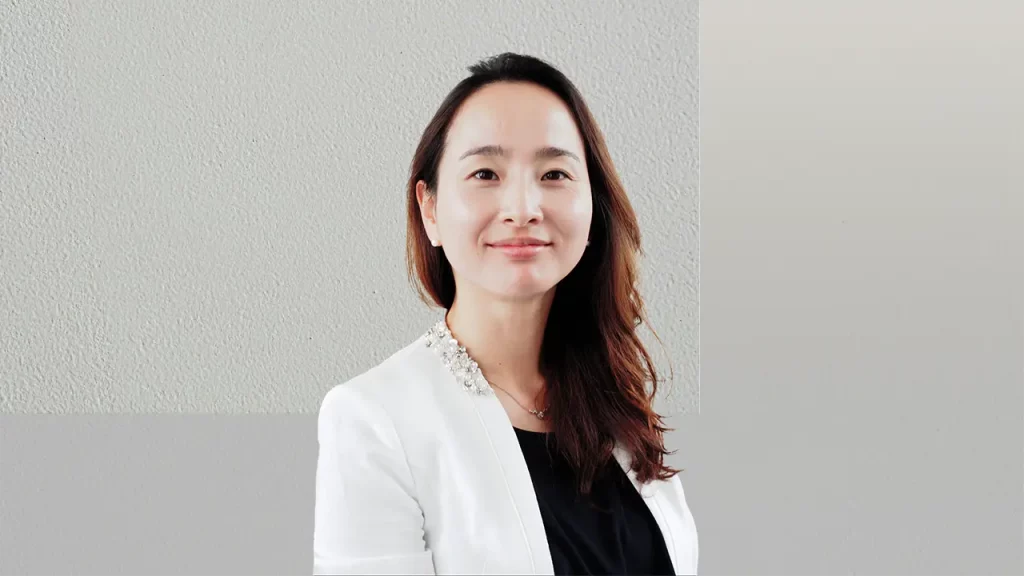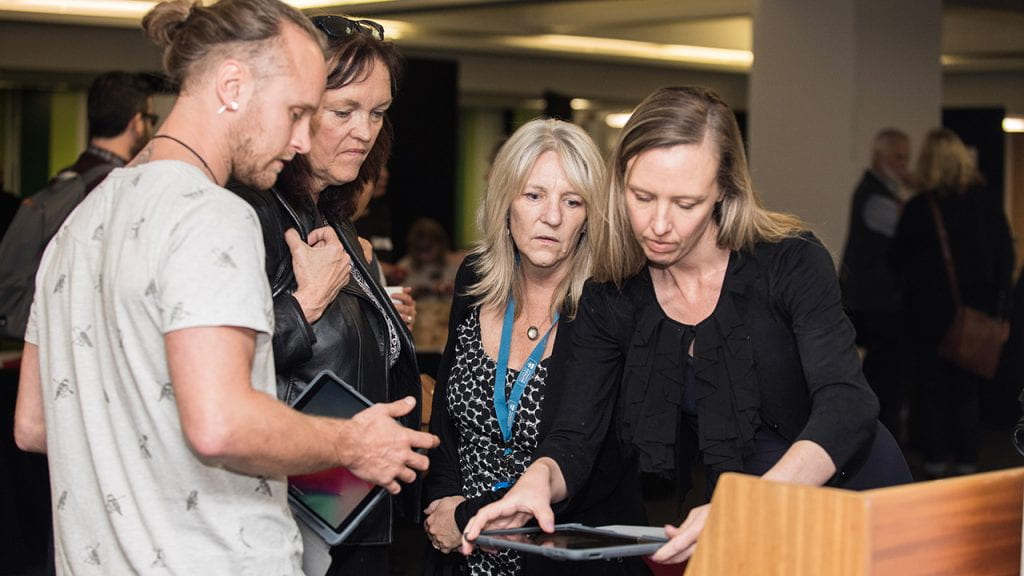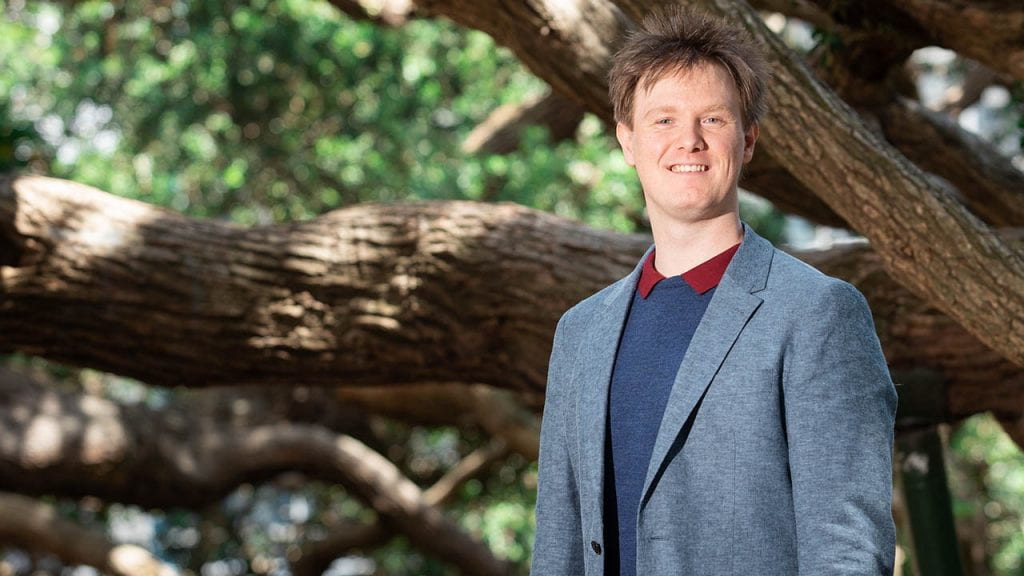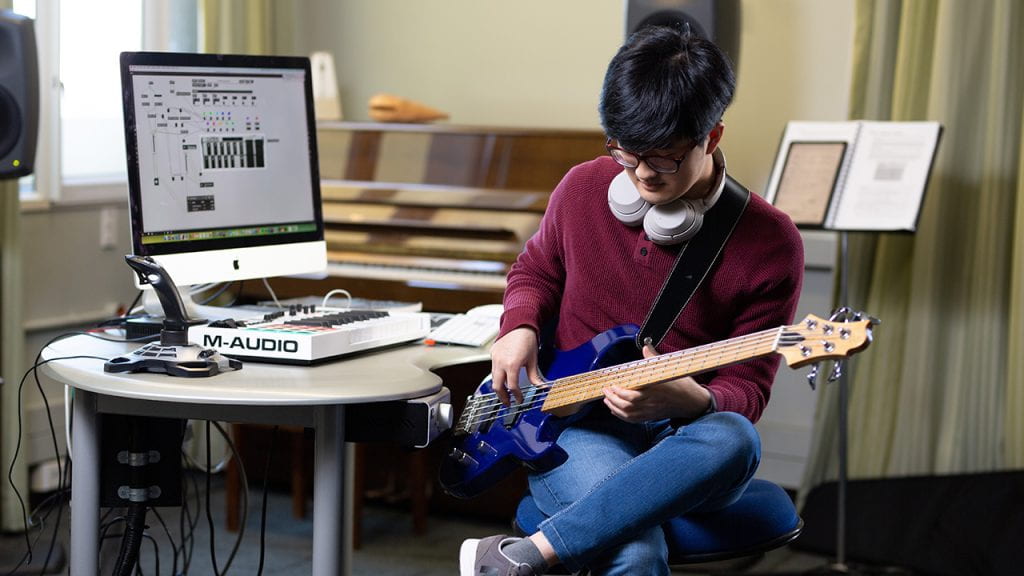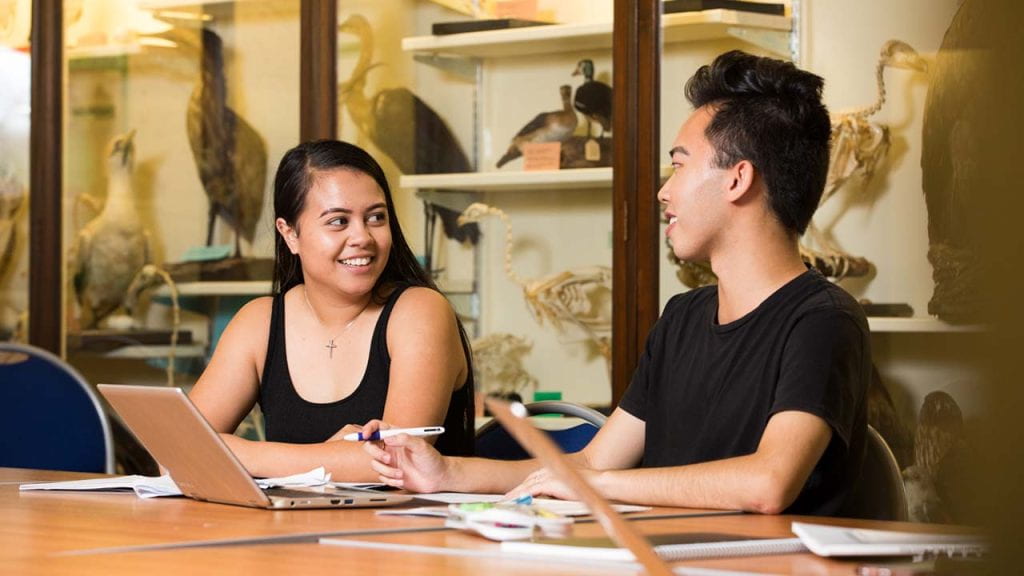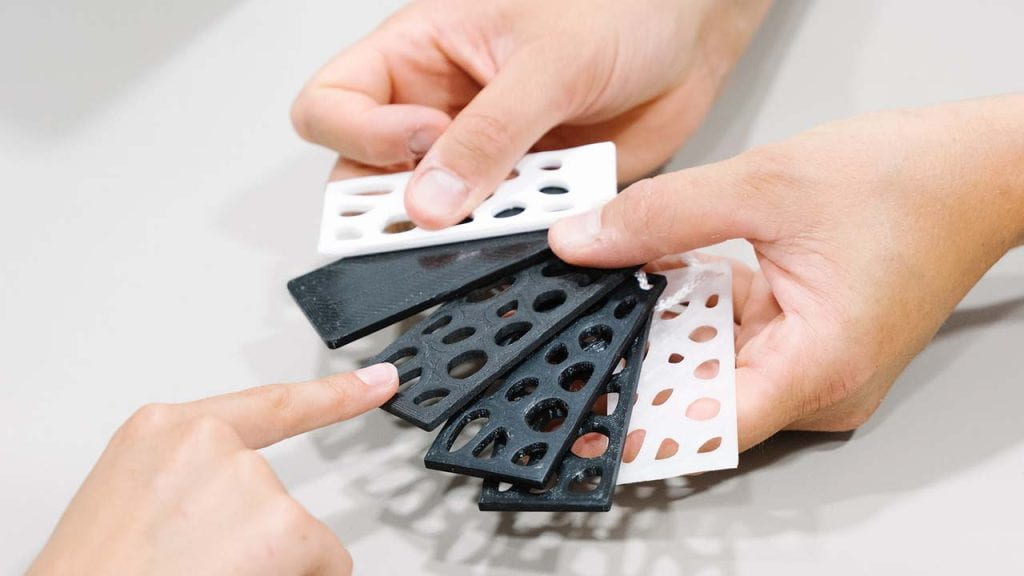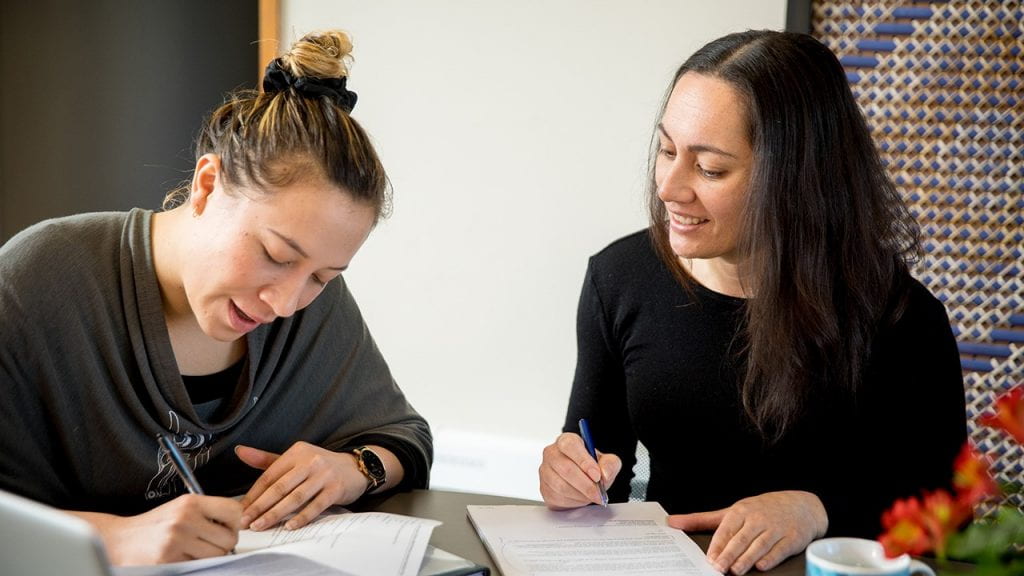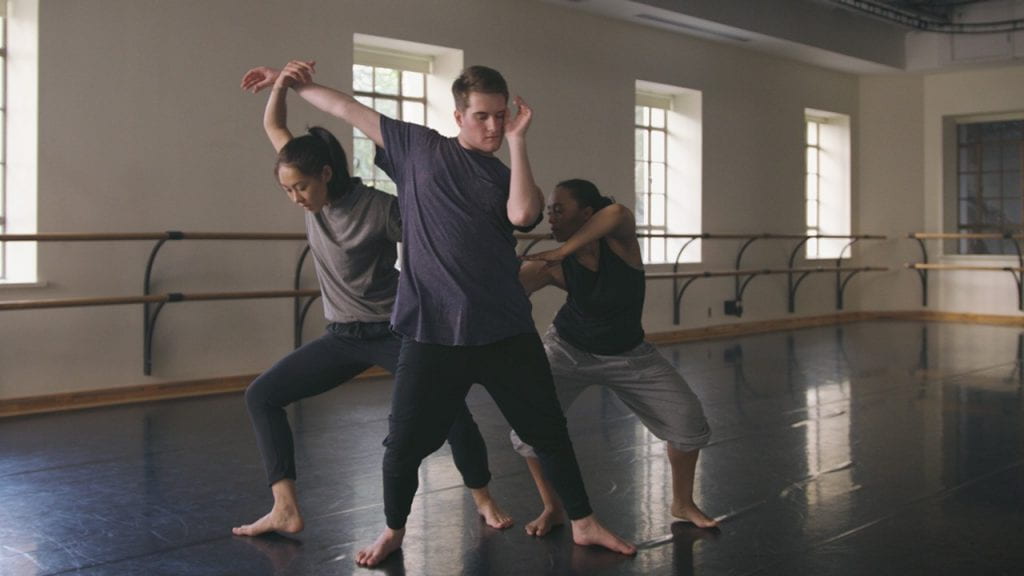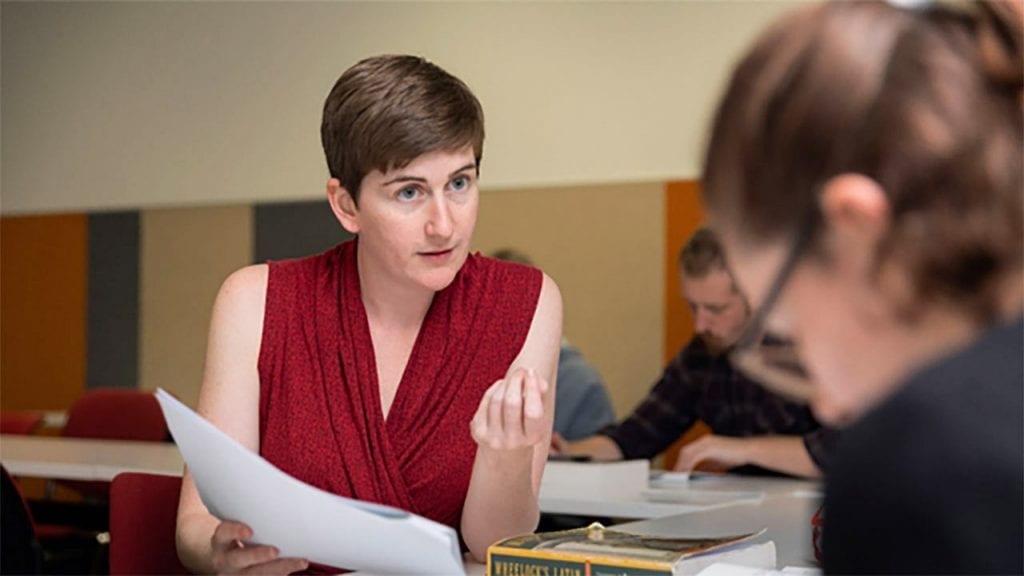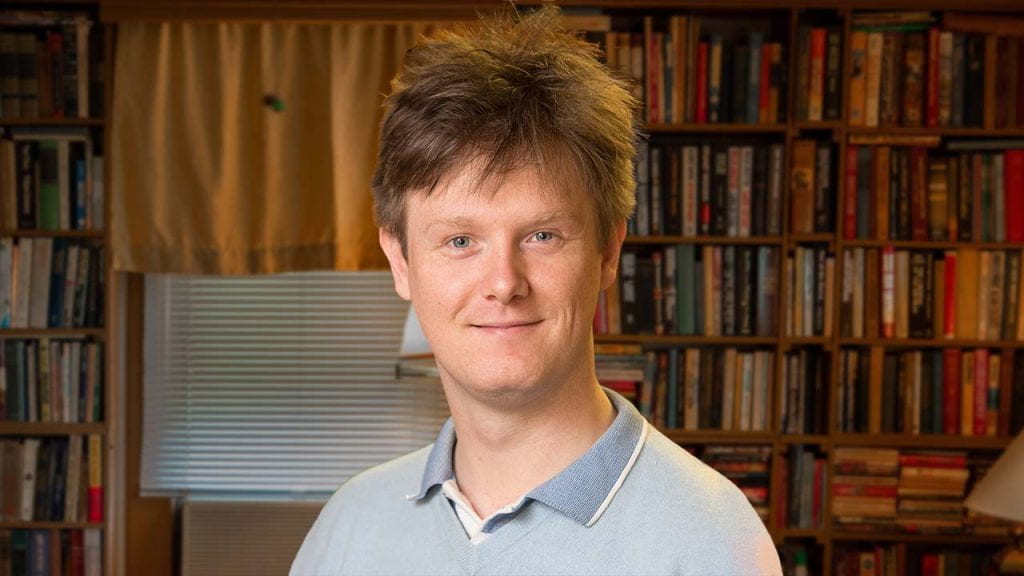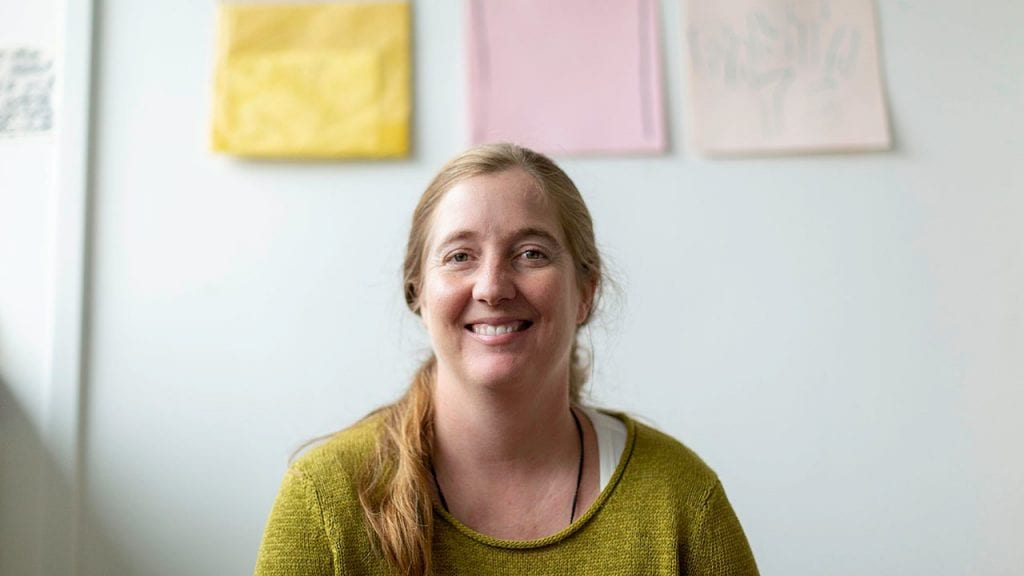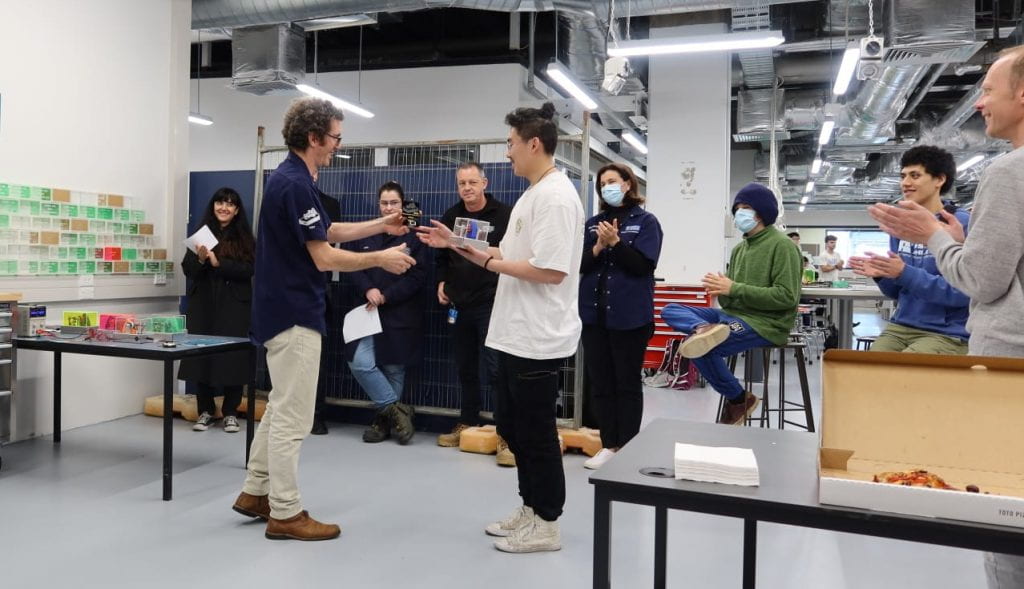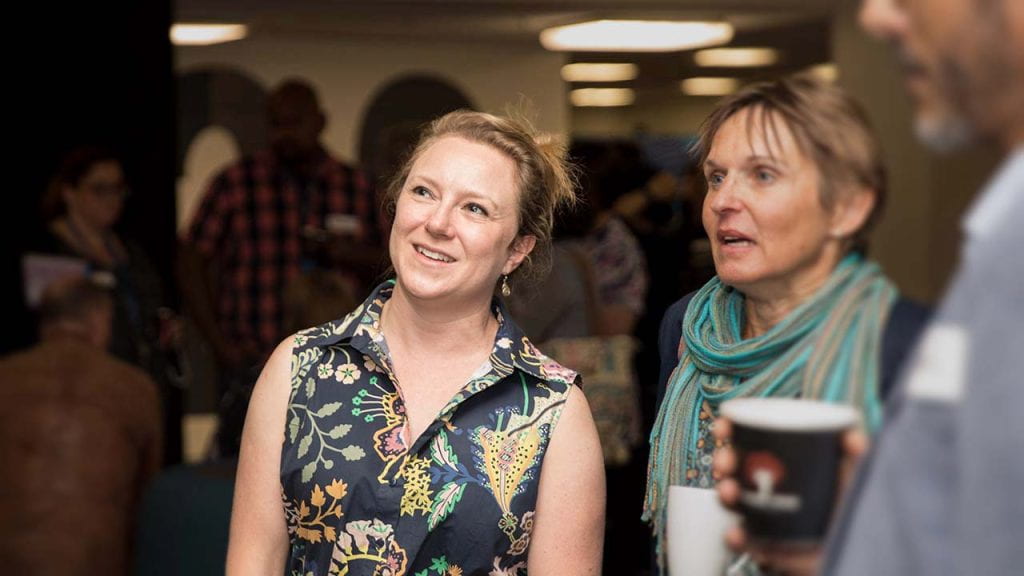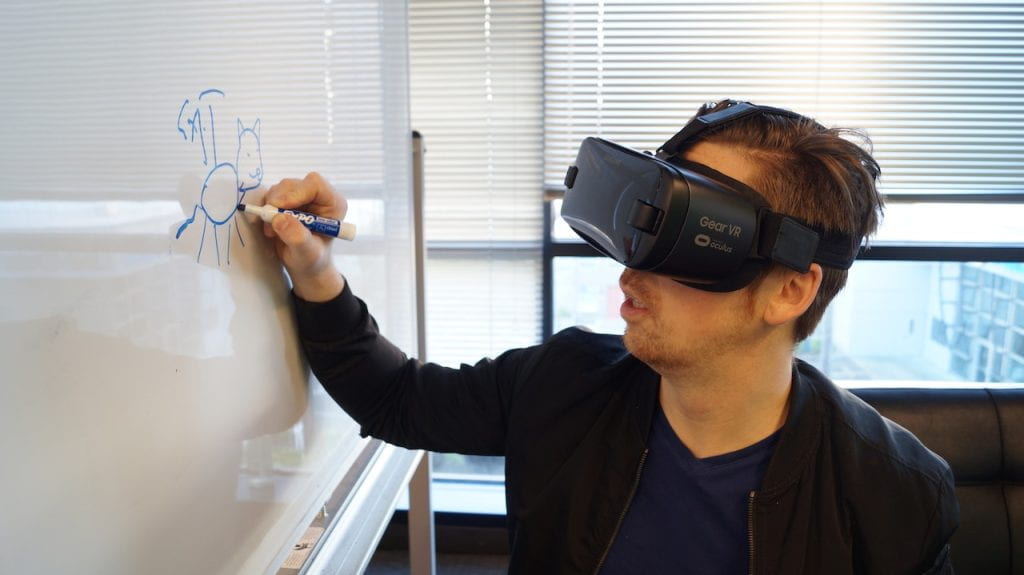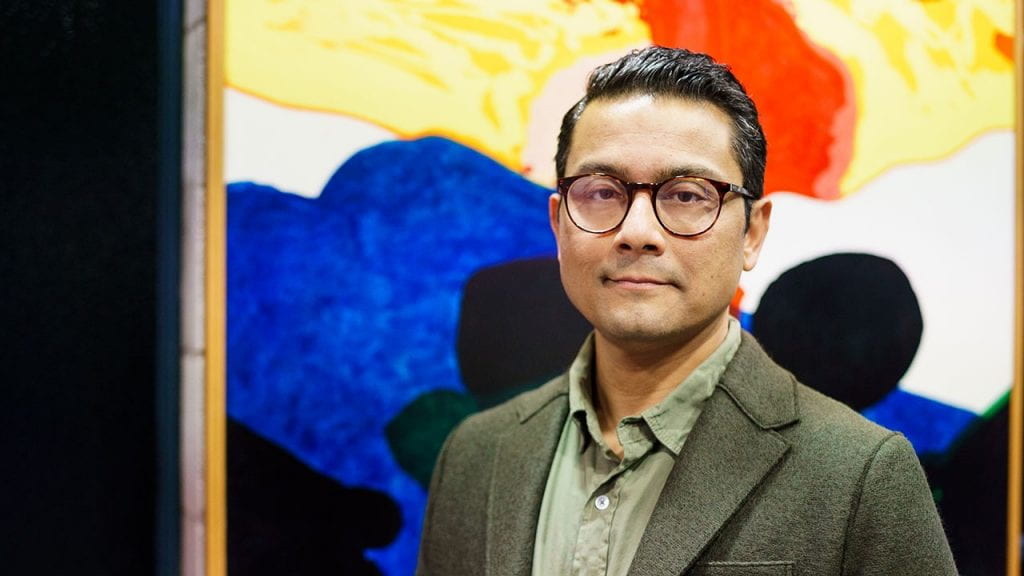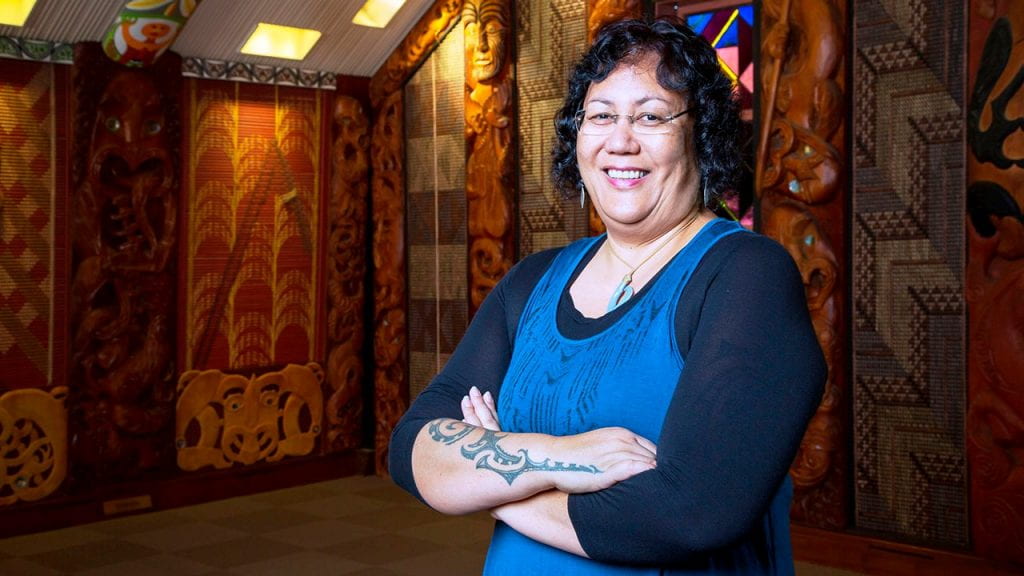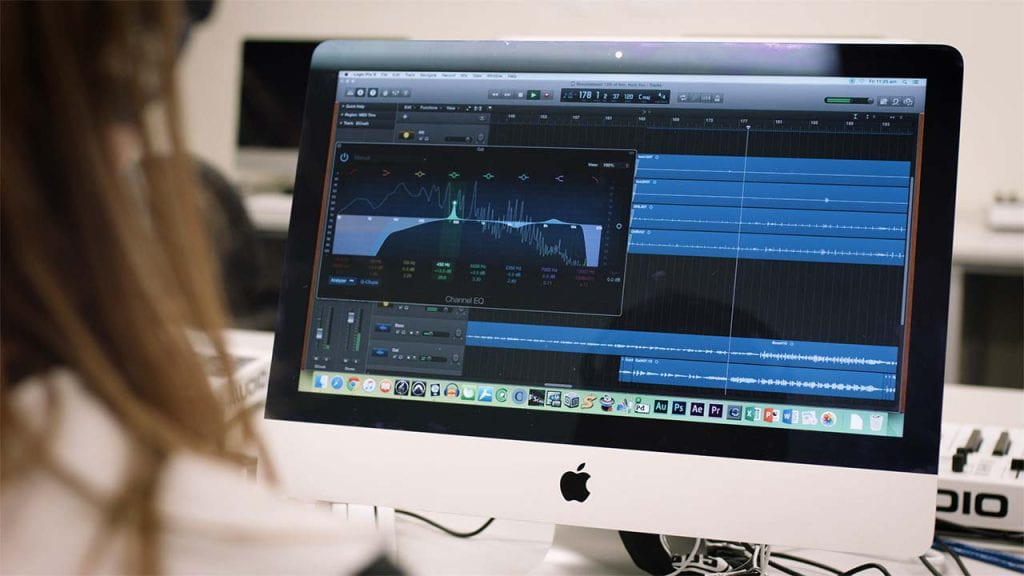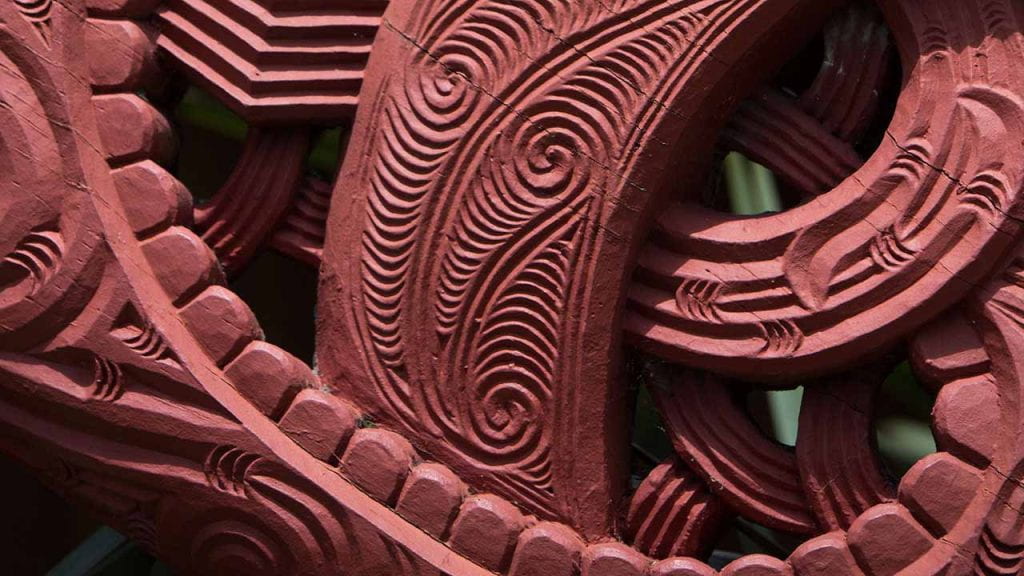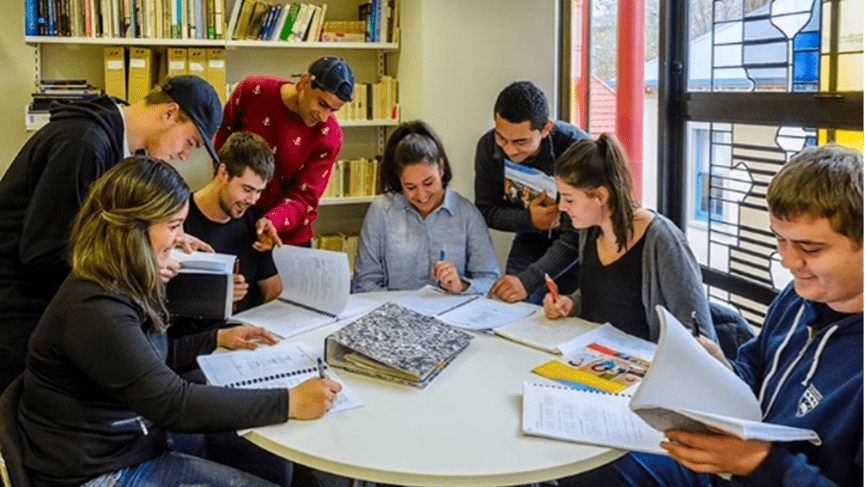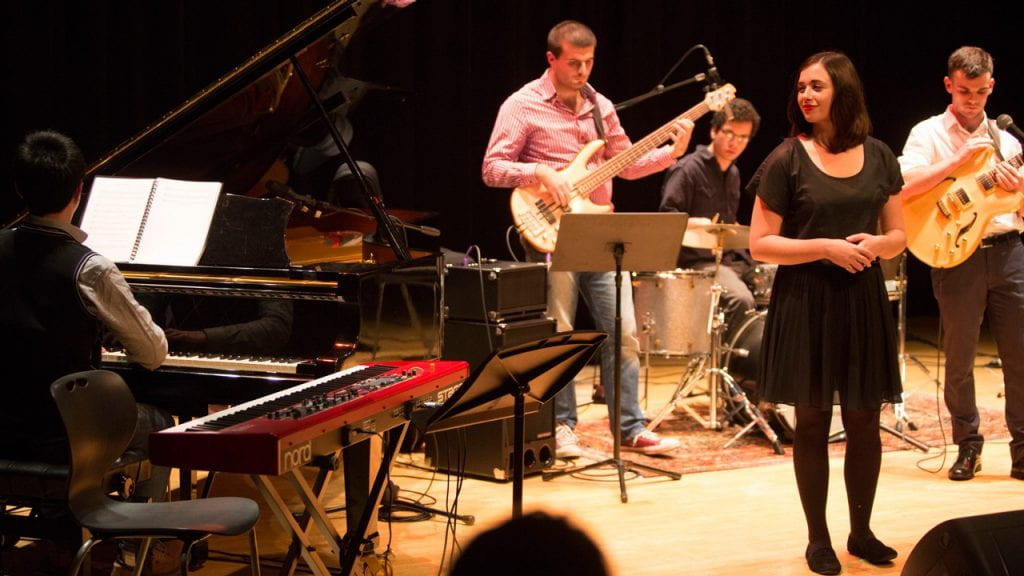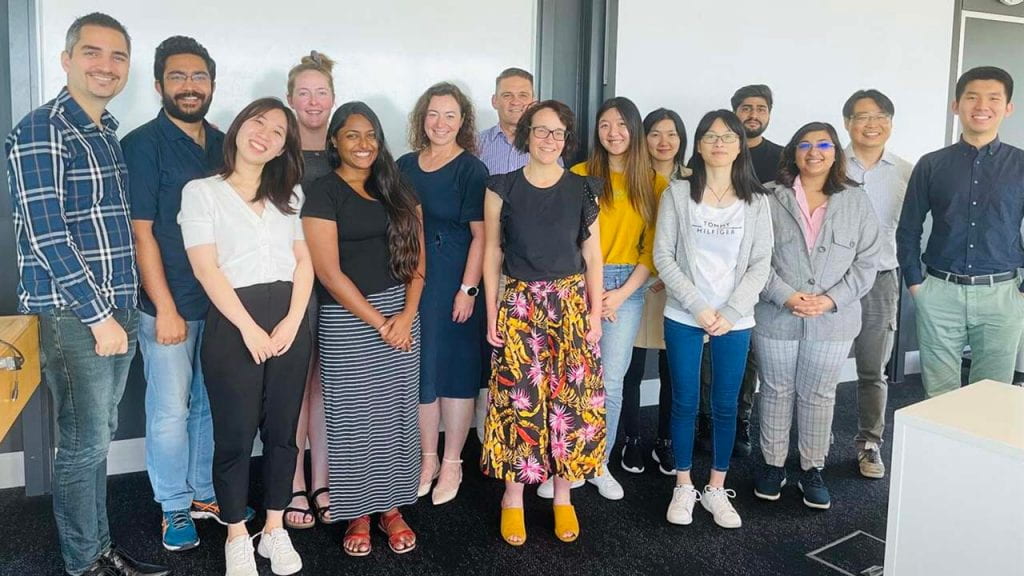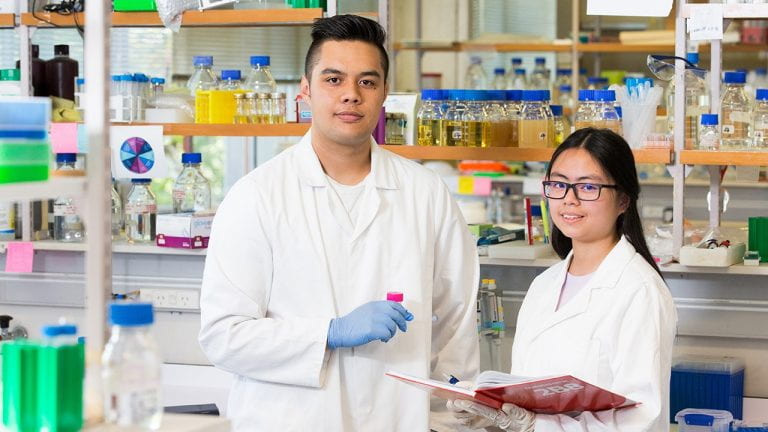Case studies in teaching
Here we share ideas that may be relevant to your practice.
Share your story on TeachWell Digital
If you would like to contribute your own teaching story at UoA, please contact Ranga Auaha Ako, Learning and Teaching Design Team. We would love to hear from you!

Contact Evia Trofimova:
Write for Times Higher Education (THE)
We invite staff to share their practice through Times Higher Education – THE Campus. Our writing coach, Gilbert Wong (from the Communications Office) will help you (re)develop your article, either from new or from an existing story. You will be sharing your ideas with an international audience, while raising both your own profile and that of the University. Find out more on the Staff Intranet.

Contact: gilbert.wong@auckland.ac.nz
Take a look at: THE Campus articles from our colleagues.
Filter by category
Alternative assessment for inclusive teaching
Discover how Associate Professor Alice Mills (Criminology) is transforming assessments in her large undergraduate courses to better support students with learning impairments.
Constructive Failure story: When ‘hands-off’ becomes too hands-off
In the latest tale from our Constructive Failure series, we explore a teacher’s experiment with student autonomy, testing the limits of self-directed learning in higher education.
Redesigning course with Canvas Baseline Practices leads to new insights
Explore the practical benefits of aligning a Canvas course with Canvas Baseline Practices through Nicole Wegner's experience of updating her Politics course.
Constructive Failure story: The epic success that couldn’t last
We uncover a teacher’s journey to forge deep connections through relational pedagogies—a path marked by both unparalleled success and an unexpected twist.
The future is now: Embracing AI in digital marketing education
In their tech-infused courses, Patrick Dodd, Inna Piven, and Dr Shahper Richter, are shaping a digital marketing curriculum that aims to prepare students for an AI-centric future.
Constructive Failure story: Technological trials and institutional hurdles
Hazim Namik is a Mechanical Engineering lecturer whose vision for remote robotics learning highlighted the complexities of innovation within academia.
Fostering critical thinking with reflective journals
Lesley Gardner and Udayangi Muthupoltotage discuss how timely, frequent and constructive feedback has a powerful influence on student achievement. However, its impact on higher education students is hotly debated and often highly variable.
Constructive Failure story: Exam day chaos
Kicking off our ‘Constructive Failure’ series, we begin with a tale of a celebrated teacher whose momentary irritation triggered a significant blunder, followed by a lesson in humility and grace.
Stats and cats: Herding numbers in large classrooms
Step into Anna Fergusson’s classroom, where STATS 220: Data Technologies is more than just a course - it’s an adventure in data science.
Sprachwellen: Crafting German skills through podcasts and storytelling
Engaging students in creative exploration of German language and culture.
Nursing ed reimagined: Fostering unity, igniting passion, and simulating life
Explore how Dr Miriam James-Scotter is challenging traditional mindsets and practices within nursing education.
Intellectual Property Law: From Zoom to interactive online learning
A Law course redesign emphasises student-centric learning, enriched with tutorials and quizzes.
Teaching purpose-led design using innovative Design4Conservation methodology
Dr Gabriela Baron integrates various pedagogies, including relational, indigenous, TEL, and assessment-for-learning methodologies in DESIGN 233: Design and the Natural Environment.
Transforming student engagement with Perusall
Sparking student-driven learning: How Perusall transformed reading and discussions in an Asian Studies course.
Exploring chat-bot technology to help with student queries
Dr Dulani Jayasuriya developed a chat-bot to aid instructors and students in navigating a large undergraduate course.
Enhancing medical education with H5P: Active learning and inclusivity
Harnessing the power of H5P technology to create engaging and interactive learning resources for large classes.
Examples of incorporating generative AI into teaching
Short examples of how our staff have adapted Gen-AI tools for teaching and learning.
Virtual construction site visits in the Te Pare School of Architecture and Planning
Architecture students will be offered a truly engaging and immersive learning experience through the use of VR technology.
How to make ChatGPT work as a teaching assistant: a case study in law
Dr Benjamin Liu provides a guide to working with AI writing tool GPT-4, to train it as a useful teaching assistant for answering students’ questions.
Teaching law: Deepening students’ relationships with discipline, teacher and self
Jayden Houghton aims to make human connections with his students and encourages them to reflect on their values and their Law School experience.
Improving student learning with physical teaching tools
The Faculty of Engineering has developed novel physical tools for teaching the properties of structural steel.
Redesigning stage one music courses for online delivery
Two music courses were redesigned for online delivery in response to the COVID-19 pandemic.
Developing students’ collaboration skills in BIOSCI 399
Helping develop students' abilities to collaborate in teams comprised of people with different backgrounds and skills.
Authentic learning with real world contexts
In Mechanical Engineering, students apply 3D printing technology to real-world industrial applications.
Redistributing assessment workload for student wellbeing and greater engagement
Ruth Lemon has started reorganising the teaching and assessment schedules of courses, to reduce student workloads and stress for better student wellbeing.
Supporting students’ intrinsic motivation through enabling choice in DANCE 101G assessments
Alys Longley provides choice and authenticity in assessment for DANCE 101 in order to engage students’ intrinsic motivation and interest.
Making classics and ancient history accessible, inclusive and relevant
Maxine Lewis discusses relationality in her teaching practice within Classics and Ancient History.
Student choice in Law assignments: quiz design as assessment
Jayden Houghton introduced student choice into his Law course assessments through having them create quizzes to support their fellow students.
Care as a practice and an orientation in teaching dance
In this practice example from DANCE 101, Associate Prof Alys Longley describes how she embeds relationality in her teaching practice.
Upskilling GTAs to enhance student experience
Learn about a Graduate Teaching Assistant (GTA) training programme within the Faculty of Engineering.
Curriculum mapping in Business and Economics’ first-year undergraduate core courses
Using curriculum mapping to maintain coherence across an interdisciplinary core and create a consistent student experience.
Using peer review in a large class to improve writing skills
Improve student writing by teaching students how to assess a piece of written work and introducing a peer review element to their essay.
Exploring the future of work through assignments
Prepare students for their future working lives by developing new skills in emerging technologies through assessments.
Building confidence and sustaining curiosity
Anuj Bhargava employs a constructivist approach to teaching, in which students interact with their experiences and their surroundings to build knowledge.
Ko wai tātou? Who are we?
Whanaungatanga is to encourage the development of close connection between people, to create a sense of belonging. Waipapa Taumata Rau's design team co-designed a first-year compulsory Arts general course.
Developing students’ judgement of their own work through self-assessment and feedback
Self-paced and self-directed tasks for self-assessment/formative feedback (MUS103 and MUS130).
Student choice in Microbiology assignments
In the course, Principles of Microbiology, Dr Kathryn Jones provides students with a choice of essay topics for a writing assignment.
Developing students’ judgement of their own work by comparing it to that of others
Piata Allen's Te Reo Māori Pronunciation Online course includes a range of activities for self-assessment.
Using video feedback to increase student engagement
Recording your feedback to students as video or audio can be time-efficient and more personalised, and students report paying more attention to it than written comments.
Developing students’ agency by enabling them to design their own patchwork assessment journey
Maxine Lewis has used patchwork assessment to make assessment both more engaging and more inclusive.
Using Canvas discussions to develop skills in constructing arguments and constructive critique of peer work
Using peer review in Canvas discussions to develop skills in constructing arguments and critiquing peer work.
Using authentic scenarios to develop workplace writing skills
Associate Prof Jennifer Lees-Marshment incorporated authentic scenarios in the writing assignments to help students develop relevant writing skills for their future careers.
Inclusive practices in Canvas online orientation and peer-to-peer support
Using technology in the design, production and implementation of a series of inclusive online orientation activities for students in the Tertiary Foundation Certificate (TFC) Programme.
Reconceptualising the lecture as a short series of online video segments
In Music 103 and 130, teachers moved away from the traditional lecture by providing a rich and engaging self-paced learning experience, with individual student care and facilitation.
Social presence for engagement using Perusall
Supporting greater student engagement with course readings through the use of collaborative, social reading tools.
Remote learning with Google platforms
Ideas from this case study will be useful if faced with challenges of remote teaching to large cohorts, or if you are interested in creative strategies for motivating and engaging all students.
Team collaboration using Miro in Marketing and Strategy courses
As a whiteboarding platform, Miro helps your team go beyond brainstorming, with a wide variety of tasks that require collaboration.
Students using PeerWise Live to create learning resources
Students use PeerWise to answer, create and share multiple-choice questions with their peers.
Interactive online learning with H5P
EDSW's Curriculum and Pedagogy programme used H5P to facilitate online interaction of students studying Mathematics and Statistics.
Using MS Teams with Canvas for team work collaborations
Utilising Microsoft (MS) Teams to allow for large class group project delivery; to collaborate, share files, chat and call.
Making lab-based content accessible in H5P
Dr Monica Kam designed accessible online laboratory content using H5P to replicate a real lab's visual and interactive elements.
Page updated 13/09/2023 (added THE Campus)




